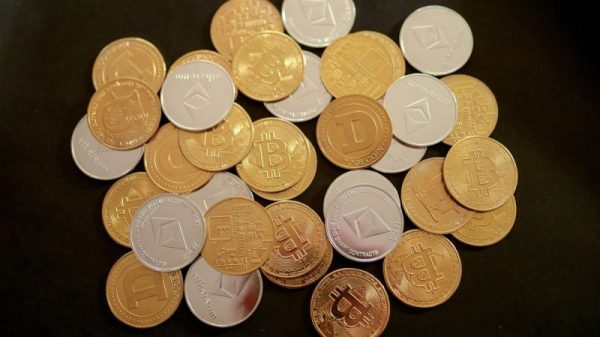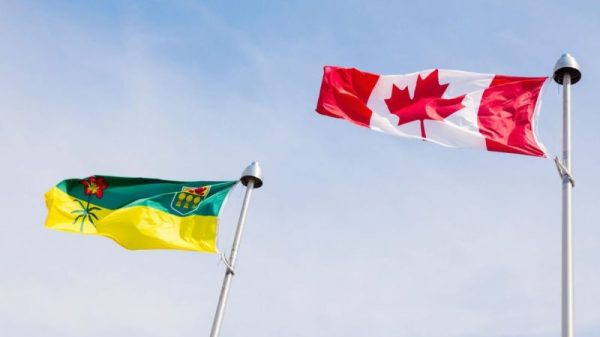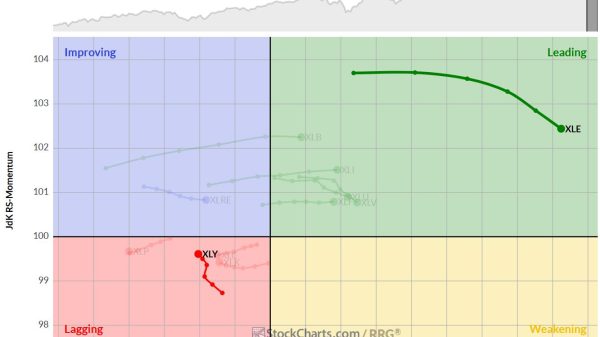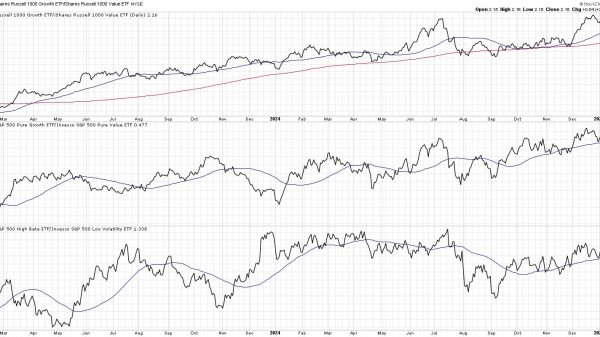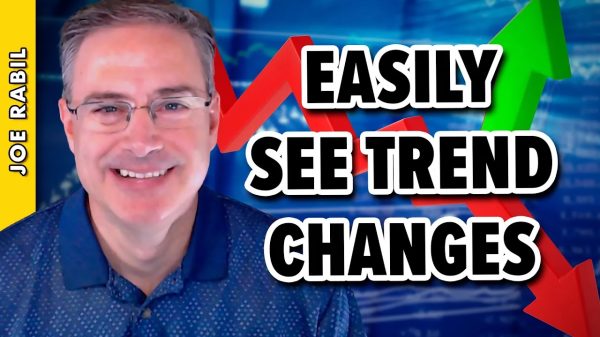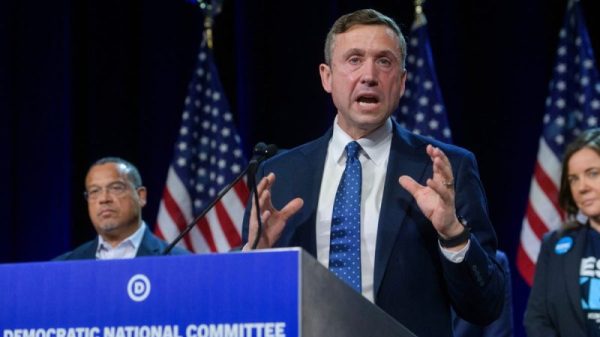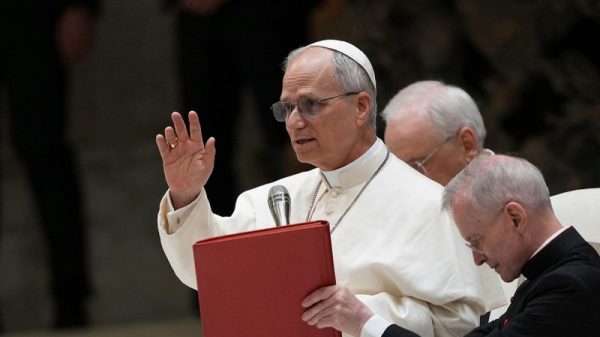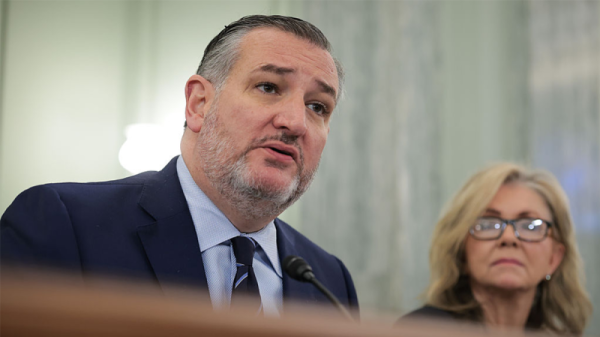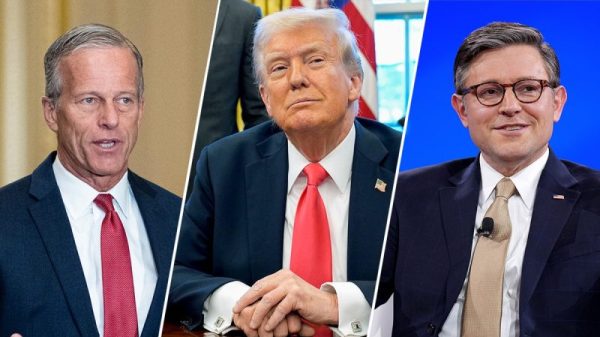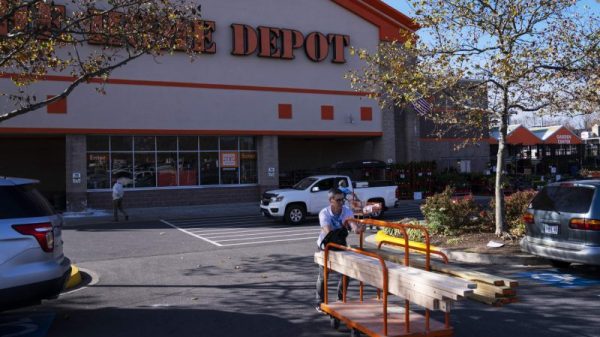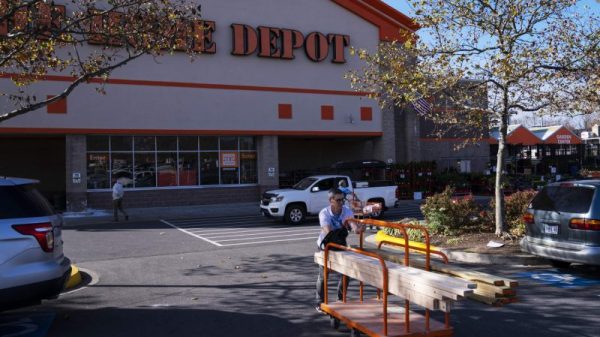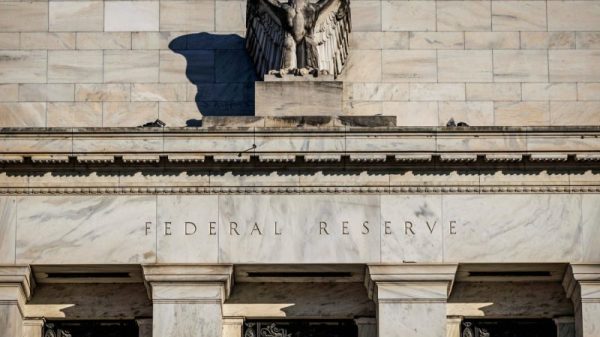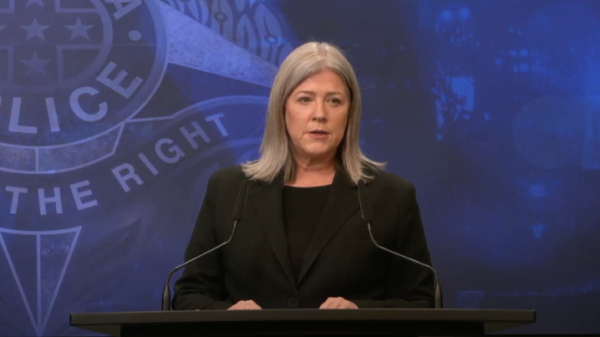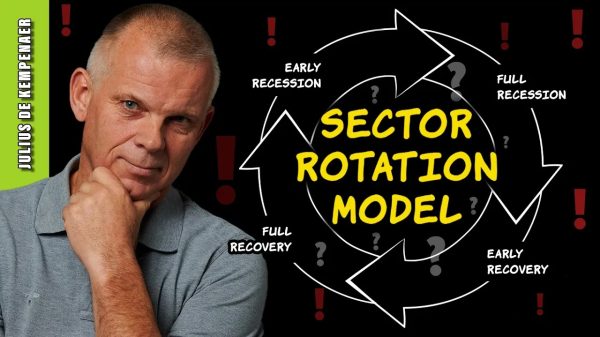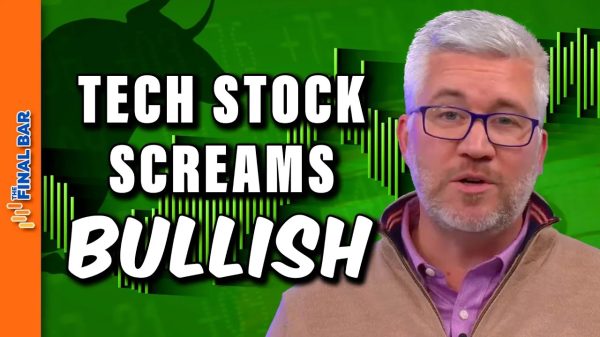“The Old Lady of Threadneedle Street” is the affectionate nickname of the Bank of England, as respected an institution as Britain ever had. Calling something as “safe as the Bank of England” was the highest praise of surety and soundness. Should any financial institutions get out of line, it was said that a simple rise of the Governor of the Bank’s eyebrow would get them back in line. It was a symbol of British tradition and stability.
Because of the Bank’s stalwart reputation, the incoming Labour government of Tony Blair in 1997 announced that it would hand over responsibility for monetary policy to the Bank. This was meant to reduce the risk of politicized decision making. As an institution above politics, the Bank seemed to be the model for a new form of governing body: the respected, impartial, independent agency. Governments of left, right, and center have followed suit by increasingly turning over contentious decisions from Ministers to independent bodies.
Yet, as anyone who has read the Federalist Papers could tell you, democratic and judicial checks and balances are important. Without them, power tends, as Lord Acton noted, to corrupt. In the Bank’s case, that fall from nobility is most apparent in its role in the fall of former Prime Minister Liz Truss. The consequences of its actions may be in the process of destroying Britain.
The received wisdom of the fall of Truss was that she proposed an irresponsible “mini budget” that would have been fiscally disastrous and that sparked “the markets” to respond, sending a clear signal that her sort of supply-side policy was unacceptable and leaving her position untenable. This story just doesn’t stand up to scrutiny. All her policies were either expected or well-signaled in advance. The main fiscal issue was the cancelling of scheduled tax rises and a reduction in the top rate of income tax. None of this should have caused financial Armageddon. So what did?
As the Wall Street Journal reported this week, the Bank is tacitly admitting to its role in the whole business. Unlike other central banks, including the Fed, the Bank had doggedly held on to low interest rates until even it could not credibly do so in the face of COVID-caused inflation. The trouble was that Britain’s legacy pension funds, which paid out guaranteed benefits, had followed a risky high leverage hedging strategy during the low-interest rate era. Once low interest rates evaporated, the funds were left with no alternative but to sell off government bonds. The Bank estimates that most of the rise in bond yields that followed the mini-budget was due to this sell-off, rather than to Truss’s announced policies.
The Bank’s actions were compounded by the rest of what we can term “the economic blob” – officials insulated from effective oversight, just like the Bank. According to Truss’s autobiography, officials at the Treasury didn’t even know these hedges existed. At the Office of Budget Responsibility, another independent agency set up, this time by David Cameron, to ensure the depoliticization of fiscal matters, officials sent out critical letters to Truss and her Chancellor, containing an analysis that has since proved incorrect, and which were immediately leaked to the press. The damage was done – the Bank and the blob had their fall guy.
The consequences of the blob’s actions have proved to be significant. The Conservative Party lost its reputation for economic competence, free-market policies became anathema, and the consequent Tory government of Rishi Sunak plunged headlong towards its worst defeat ever.
This meant the election of a Labour government with an enormous majority and virtually no mandate. It has presided over the introduction of what many regard as a two-tier justice system, with native Britons sent to jail for Facebook posts while ethnic minority violent offenders get much lighter sentences or are let off entirely. The actual situation is more complicated, but the nuances are probably less important than the perception.
As far as the economy goes, Prime Minister Keir Starmer has announced that things are going to get worse and his budget will need to be tough – this from the party that condemned “austerity” after the financial crisis. What Starmer has not done is show any sign of tackling the blobs that rule Britain.
No wonder. As Stephen Davies of the Institute of Economic Affairs has noted, the school of politics that produced these blobs “combines designed and regulated markets with social engineering and government-by-experts.” That model is coming apart together with the country it tries to govern. The Bank of England may survive Britain’s potential collapse. Its reputation should not.

